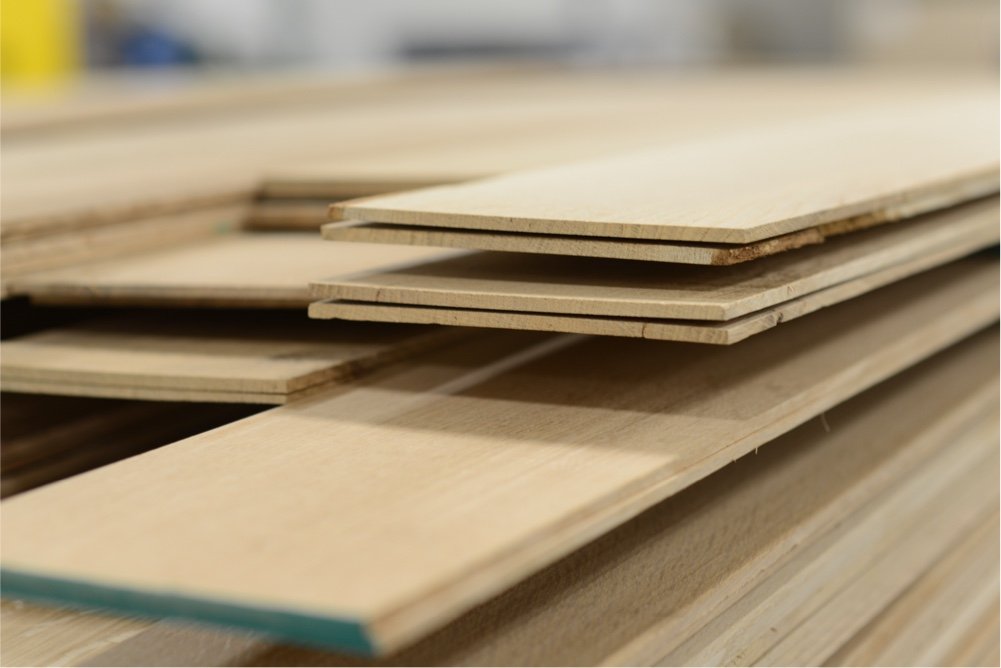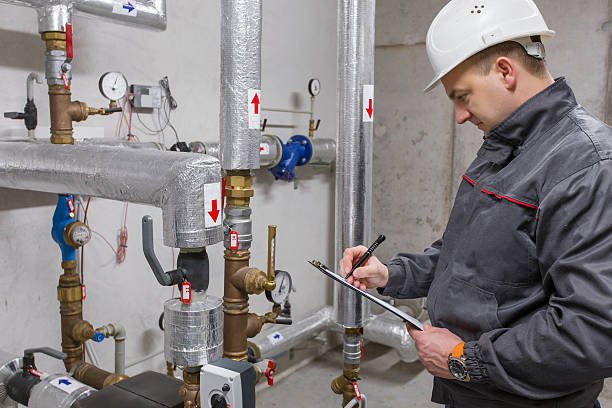Are you considering adding a deck to your home? Decks are a fantastic addition that can enhance your outdoor living space and provide a great area for relaxation and entertainment. However, before diving into your deck-building project, it’s crucial to understand the cost factors involved. In this comprehensive guide, we’ll explore the various elements that impact the cost of building a deck and provide you with valuable insights to help you plan your project effectively. To get help in deck building contact with the best deck builders in Lee’s Summit, MO
Table of Contents
- Introduction
- Factors Affecting Deck Construction Costs
- Size and Layout of the Deck
- Material Selection
- Labor Costs
- Site Preparation and Foundation
- Additional Features and Accessories
- Calculating the Cost of Your Deck
- Estimating Materials Cost
- Labor Cost Considerations
- Total Cost Calculation
- Budgeting Tips for Deck Construction
- Research and Compare Material Options
- Obtain Multiple Quotes from Contractors
- Consider DIY vs. Hiring a Professional
- Plan for Contingencies
- Conclusion
- Frequently Asked Questions (FAQs)
Introduction
Building a deck can be an exciting and rewarding project, but it’s essential to have a clear understanding of the associated costs. The total cost of building a deck depends on several factors, including the size and layout of the deck, the materials used, labor costs, site preparation, and any additional features or accessories you desire. By carefully considering these elements, you can develop an accurate budget and ensure that your deck construction project proceeds smoothly.

Factors Affecting Deck Construction Costs
Size and Layout of the Deck
The size and layout of your deck play a significant role in determining the overall cost. A larger deck will require more materials, resulting in higher expenses. Additionally, complex designs or custom shapes may increase the labor required, leading to higher labor costs.
Material Selection
Choosing the right materials for your deck is crucial both in terms of aesthetics and cost. Various materials, such as wood, composite decking, and PVC, come at different price points. Wood decks tend to be more affordable, while composite and PVC decks offer increased durability but come at a higher cost.
Labor Costs
Labor costs can vary depending on the region and the complexity of the deck construction. Hiring professional contractors for the job ensures quality workmanship but may come at a higher cost. Alternatively, you can choose to build the deck yourself if you have the necessary skills, which can save you money but require significant time and effort.
Site Preparation and Foundation
Preparing the site for deck construction involves clearing the area, leveling the ground, and creating a solid foundation. Factors such as the condition of the soil and the need for retaining walls or additional support can impact the cost of site preparation.
Additional Features and Accessories
Adding extra features and accessories to your deck, such as built-in seating, lighting, or a pergola, can enhance its functionality and visual appeal. However, it’s important to consider that these additions will increase the overall cost of your deck construction project.
Calculating the Cost of Your Deck
To determine the cost of your deck accurately, you need to consider the materials, labor, and additional expenses. Here’s a breakdown of the cost calculation process:

Estimating Materials Cost
Start by measuring the size of your deck in square feet. Multiply this by the cost per square foot of your chosen decking material to estimate the materials cost. Don’t forget to include other necessary materials such as support beams, fasteners, and railing systems.
Labor Cost Considerations
Labor costs can vary significantly based on factors like location and the complexity of the deck design. It’s advisable to obtain multiple quotes from reputable contractors to get a realistic idea of labor expenses.
Total Cost Calculation
Add the materials cost and labor cost together to determine the total cost of your deck construction project. Remember to include any additional expenses for site preparation, permits, and accessories.
Budgeting Tips for Deck Construction
Building a deck is an investment, and careful budgeting can help you manage costs effectively. Consider the following tips:
Research and Compare Material Options
Explore different decking materials and compare their prices, durability, and maintenance requirements. This will help you make an informed decision that aligns with your budget and long-term goals.
Obtain Multiple Quotes from Contractors
Request quotes from several reputable contractors in your area. This allows you to compare prices and evaluate the services offered. Choose a contractor who offers a fair balance between cost and quality.
Consider DIY vs. Hiring a Professional
If you have the necessary skills and experience, building the deck yourself can save you money on labor costs. However, be realistic about your abilities and the time you can commit to the project. Hiring a professional ensures expertise but comes with additional costs.
Plan for Contingencies
It’s wise to allocate a small portion of your budget for unexpected expenses or changes in design. This way, you can handle any unforeseen circumstances without compromising the quality of your deck.

Conclusion
Building a deck can be an excellent investment that adds value and enjoyment to your home. Understanding the factors that influence the cost of deck construction allows you to plan your project effectively and avoid unexpected expenses. By considering factors such as the size and layout of the deck, material selection, labor costs, site preparation, and additional features, you can develop a realistic budget and bring your deck-building dreams to life. For any additional queries contact with Lee’s Summit Deck builders
Frequently Asked Questions (FAQs)
Q1: Can I build a deck on my own?
A1: Yes, building a deck yourself is possible if you have the necessary skills and experience. However, keep in mind that it can be a time-consuming and labor-intensive process.
Q2: Which decking material is the most cost-effective?
A2: Wood decking tends to be more cost-effective compared to composite or PVC materials. However, keep in mind that wood may require more maintenance over time.
Q3: How long does it take to build a deck?
A3: The time required to build a deck depends on various factors, including the size, complexity of the design, and the availability of labor. On average, it can take anywhere from a few days to a few weeks.
Q4: Do I need a permit to build a deck?
A4: The need for a permit varies depending on your location and the size of the deck. It’s essential to check with your local building department to ensure compliance with regulations.
Q5: Can I add features to my deck later?
A5: Yes, you can add features to your deck at a later stage. However, it’s easier and more cost-effective to include them during the initial construction phase.



